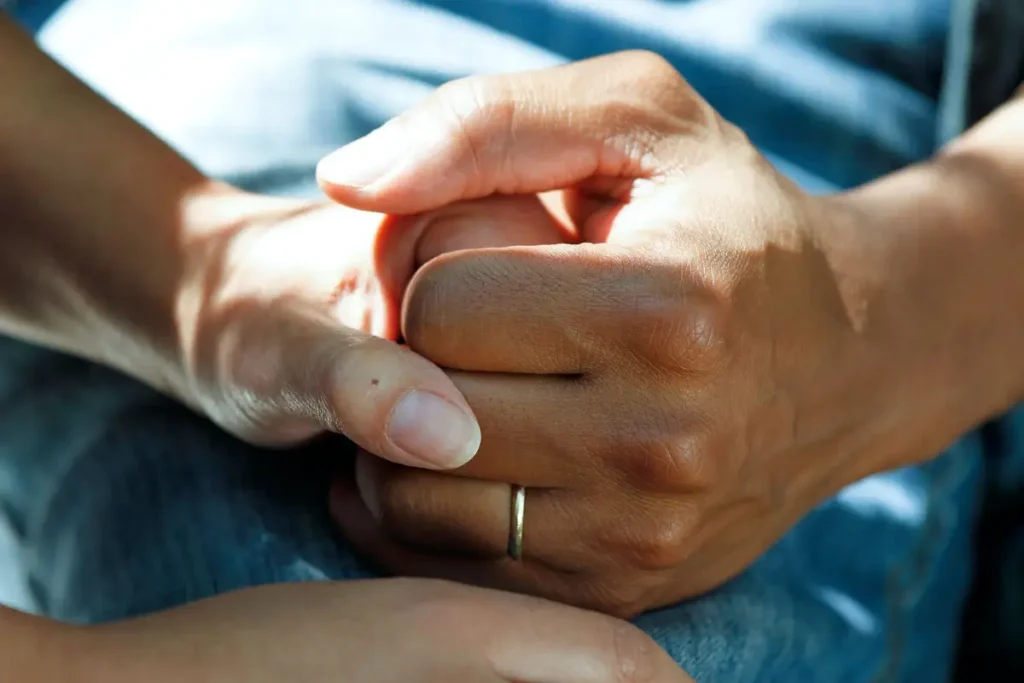Bereavement refers to the period of grief and mourning experienced after the death of a close family member or friend.
Coping with death is a unique and individual experience, and people may go through various emotional and psychological stages during the grieving process. Through our Never Alone programme we are seeking to understand bereavement better and offer greater support to those in need.
Never Alone, founded by CPJ Field, is a comprehensive programme designed to provide easy access to a wide range of support tools to help you or your family at a difficult time. With grief and loneliness as key priorities, we run a tried and tested programme across the Southeast that includes in-person gatherings, and support for all via signposts to local groups, events, and other resources.

